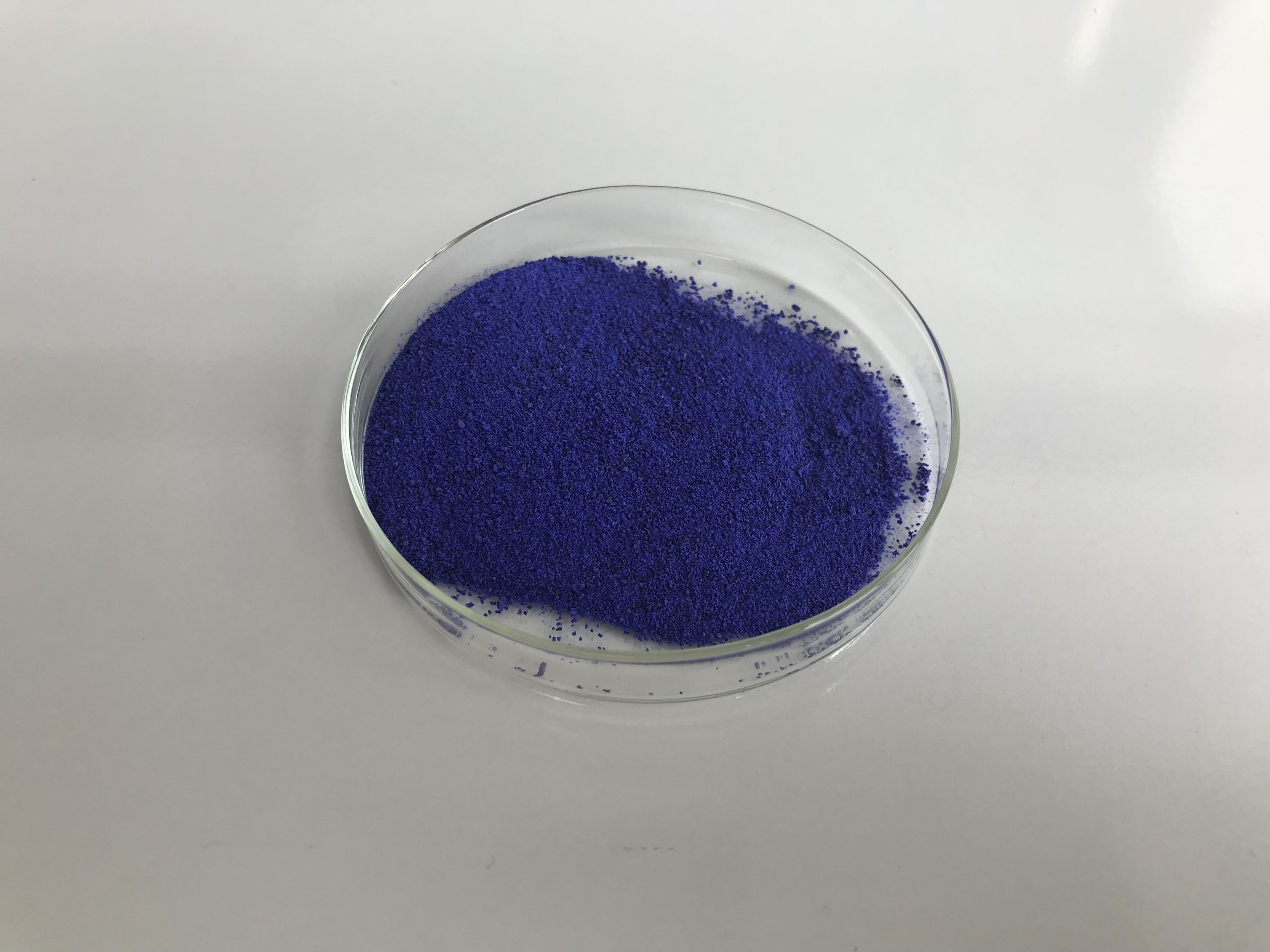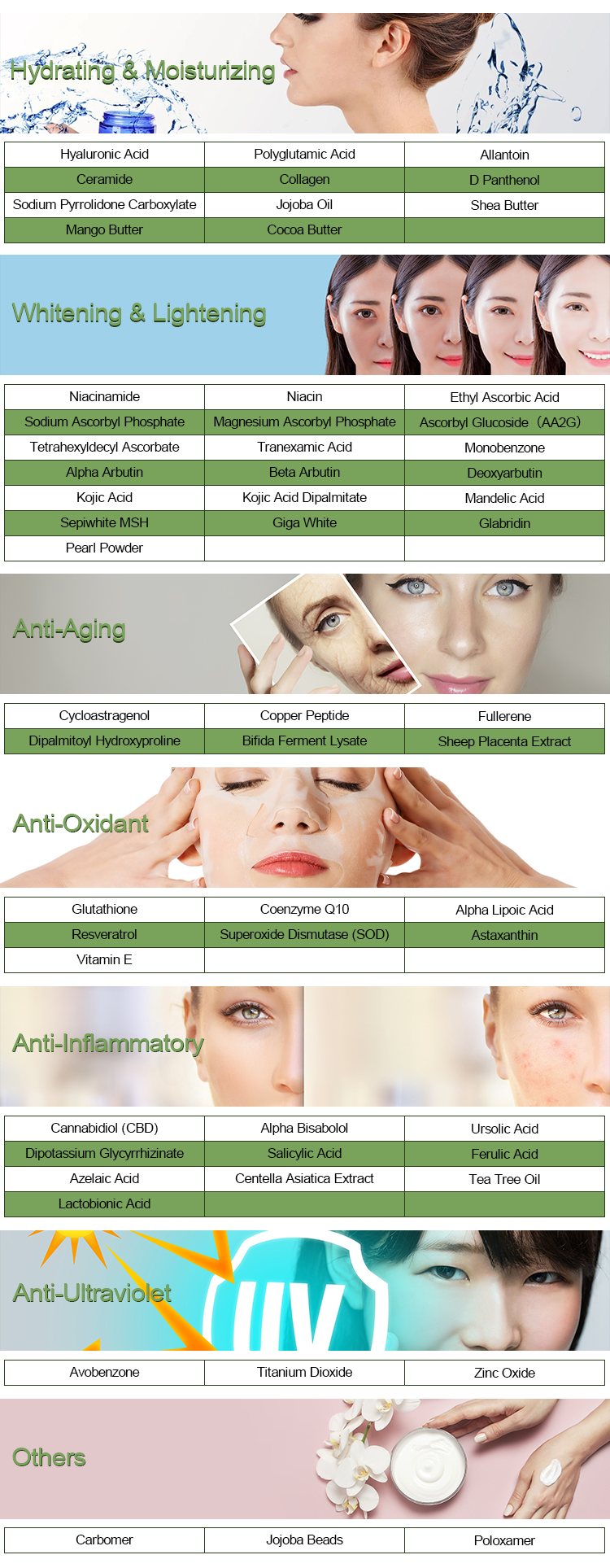Copper peptide is compound that consist of a small protein fragment (peptide) linked to a copper ion. These compounds have gained attention in the skincare and wound healing industries due to their potential benefits for skin health. The basic components of copper peptides include:
Peptide: A peptide is a short chain of amino acids, which are the building blocks of proteins. In the case of copper peptides, the peptide component is often derived from proteins or amino acids and can vary in length and composition.
Copper Ion (Cu2+): Copper is a trace element that plays a crucial role in various physiological processes in the body, including wound healing and collagen synthesis. In copper peptides, the copper ion is typically attached to the peptide structure. The presence of copper is believed to contribute to the potential benefits of these compounds.
Linkage: The copper ion is chemically bonded or linked to the peptide structure. This linkage is what defines a copper peptide and distinguishes it from other peptides or copper compounds.
The combination of the peptide and copper ion is thought to result in a compound with potential antioxidant, anti-inflammatory, and wound-healing properties. Copper peptides are often used in skincare products due to their reported ability to promote collagen production, improve skin elasticity, and potentially reduce the appearance of fine lines and wrinkles.
It’s important to note that while there is some research supporting the benefits of copper peptides, not all claims have been definitively proven. As with any skincare or health product, it’s advisable to consult with a dermatologist or healthcare professional before incorporating copper peptide products into your routine, especially if you have sensitive skin or existing skin conditions.
The processing of Copper Peptide
Copper peptide is compound that consist of a small protein fragment linked to a copper ion. These peptides have gained attention in the skincare and cosmetic industry due to their potential benefits for promoting wound healing, collagen production, and antioxidant activity. The processing of copper peptides typically involves several steps:

Synthesis of Copper Peptides: Copper peptides are synthesized in the laboratory using various methods. These methods may involve solid-phase peptide synthesis (SPPS) or solution-phase peptide synthesis. During this step, the peptide sequence is designed to include specific amino acids, and a copper ion is introduced to the peptide molecule.
Purification: After synthesis, the crude copper peptide product needs to be purified to remove any impurities or byproducts. Techniques such as chromatography (such as high-performance liquid chromatography, or HPLC) are commonly used to achieve high purity levels.
Characterization: The purified copper peptide is characterized using various analytical techniques, including mass spectrometry and nuclear magnetic resonance (NMR) spectroscopy. These techniques help confirm the identity, purity, and structure of the synthesized copper peptide.
Formulation: Copper peptides are often formulated into skincare products such as creams, serums, and lotions. Formulation scientists consider factors such as stability, compatibility with other ingredients, and desired final product characteristics during this step.
Stability Testing: Copper peptides are sensitive to oxidation and degradation, which can affect their effectiveness. Stability testing is conducted to determine how well the copper peptide-containing product maintains its potency and properties over time under various conditions (temperature, light exposure, etc.).

Packaging: Once stability is confirmed, the product is packaged in a way that protects it from environmental factors that could degrade its quality. Opaque or airtight packaging is often used to minimize light and air exposure.
Regulatory Compliance: Depending on the country and intended use of the product, regulatory approvals may be required before the copper peptide-containing products can be sold to consumers.
It’s important to note that while copper peptides have shown promise in various skincare applications, their effects can vary based on the specific formulation, concentration, and individual skin characteristics. As with any skincare product, it’s recommended to consult with a dermatologist or skincare professional before incorporating copper peptide products into your routine, especially if you have sensitive skin or any existing skin conditions.
